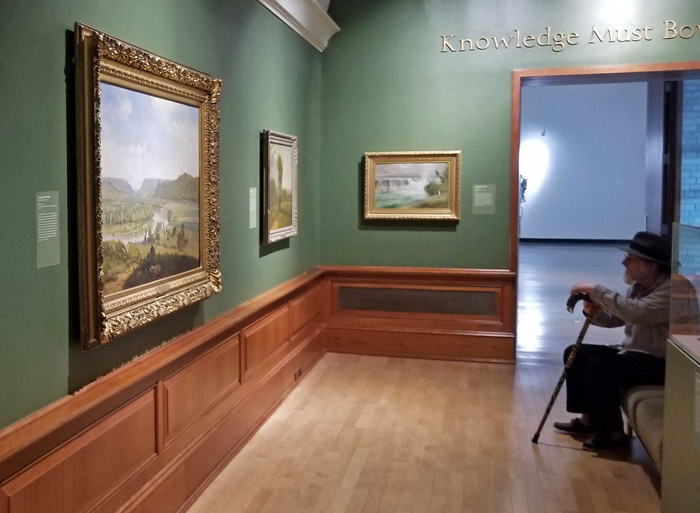In modern America, the question of why a particular person belongs to a particular religious tradition (if they belong at all), and to what degree are they involved, is a complicated matter. It includes but goes well beyond the person’s agreement with what a particular religion holds to be true (and thus teaches its members). Beyond mere agreement of belief, it is also important that the religion inspire you — do you “feel” it?
There is also the matter of practice, of ritual and traditions – do you like the services? Do you want to live the way that the religion advises you to? Do you approve of the way that the religion is managed, who makes the decisions, who has more status and who has less? Are you impressed and maybe even inspired by the leaders of the faith, and also by other people who hold this religion and practice it? Was your family involved in this religion? Do you have friends who are involved? The main doctrines and teachings and philosophies that are central to a religion’s identity are very important; but there are also plenty of cultural and personal and relational factors that enter.
Nonetheless, at the core of most major religions, there are a group of very important stories that sum up what that religion is about. Joseph Campbell uses the term “myth” to refer to these stories. He is not using that term in the negative; he is not concerned with whether the story is literally true (although most religious stories are ancient and do not concern themselves with historically provable events – although they might sometimes be a hyped-up version of some smaller event that actually happened). He is after the core meaning » continue reading …

